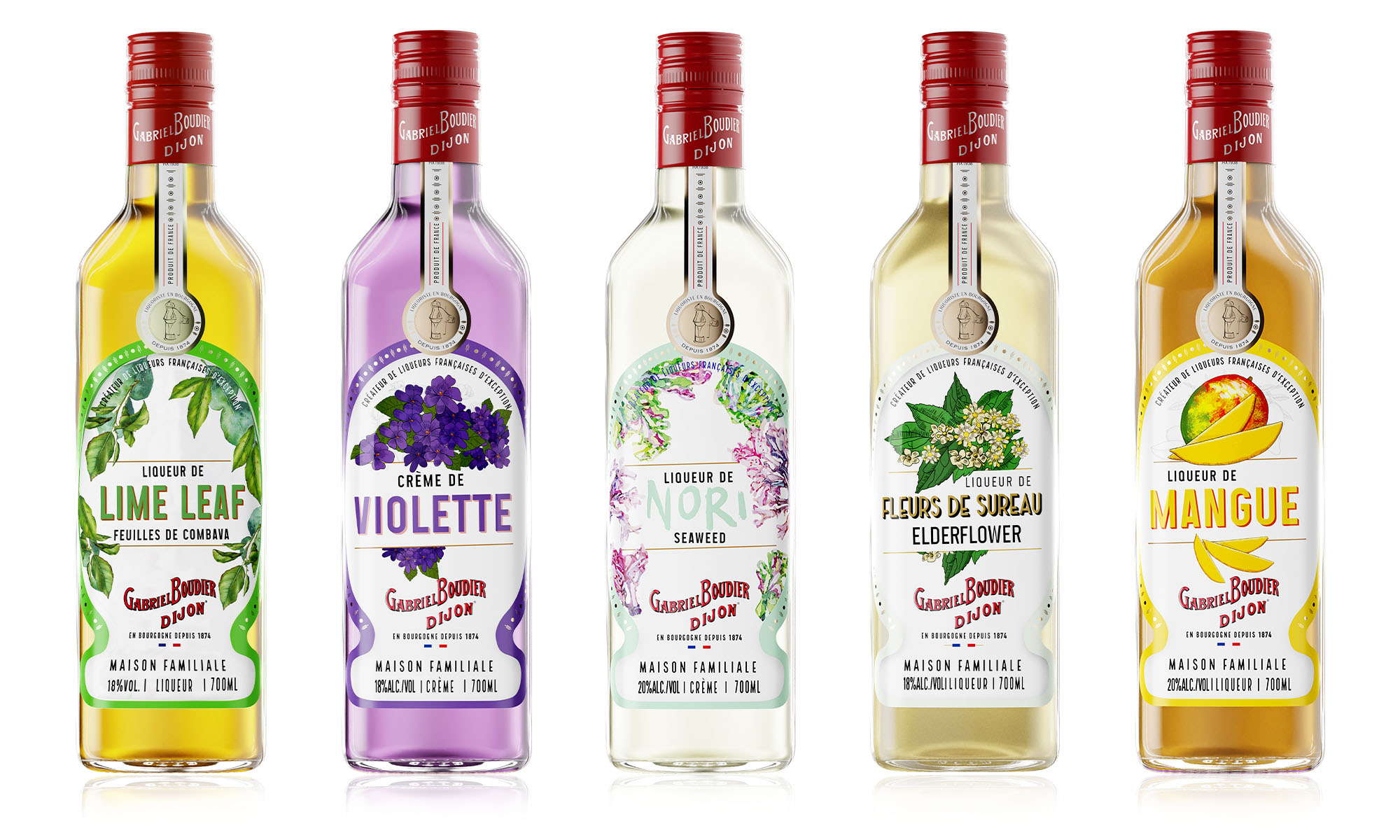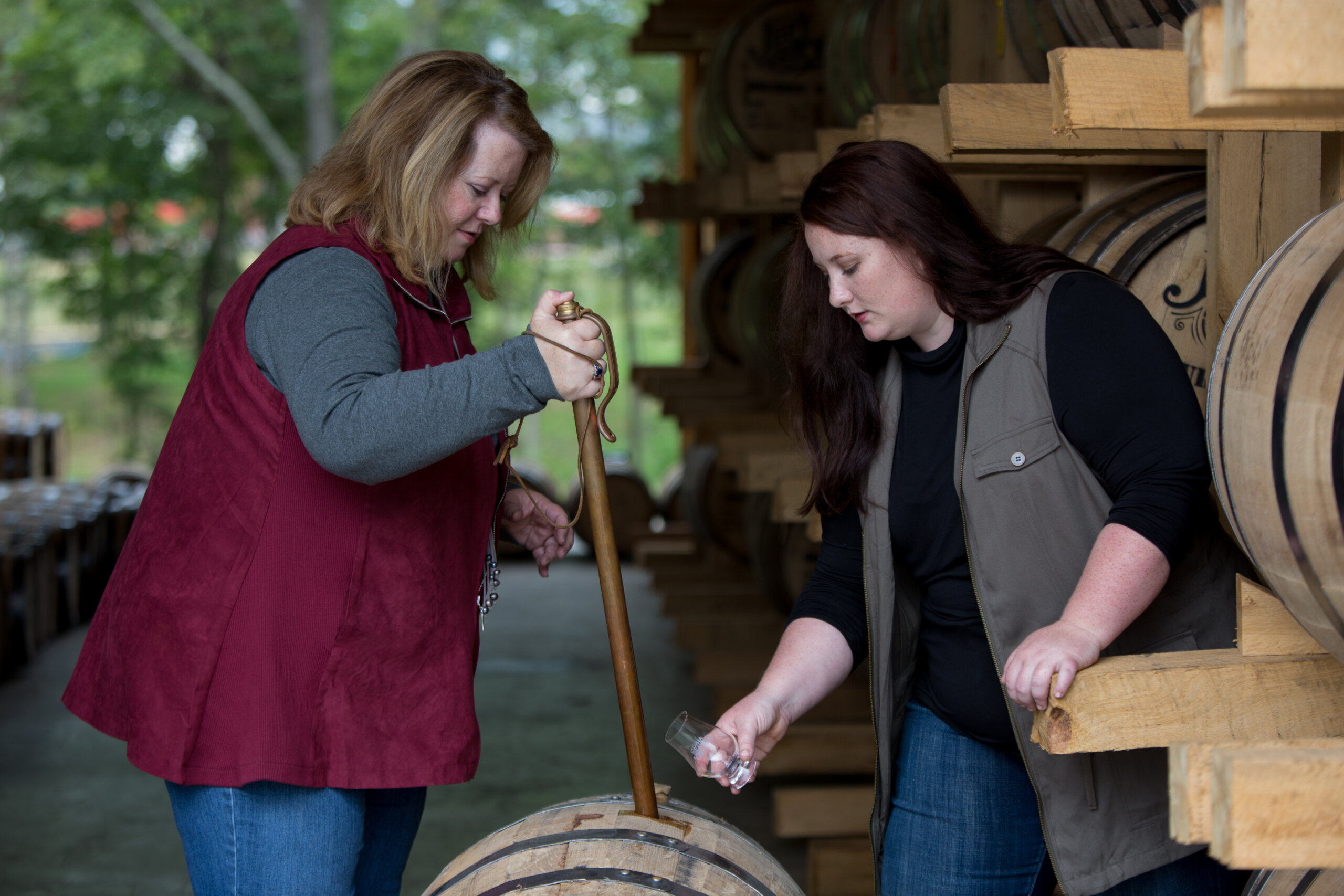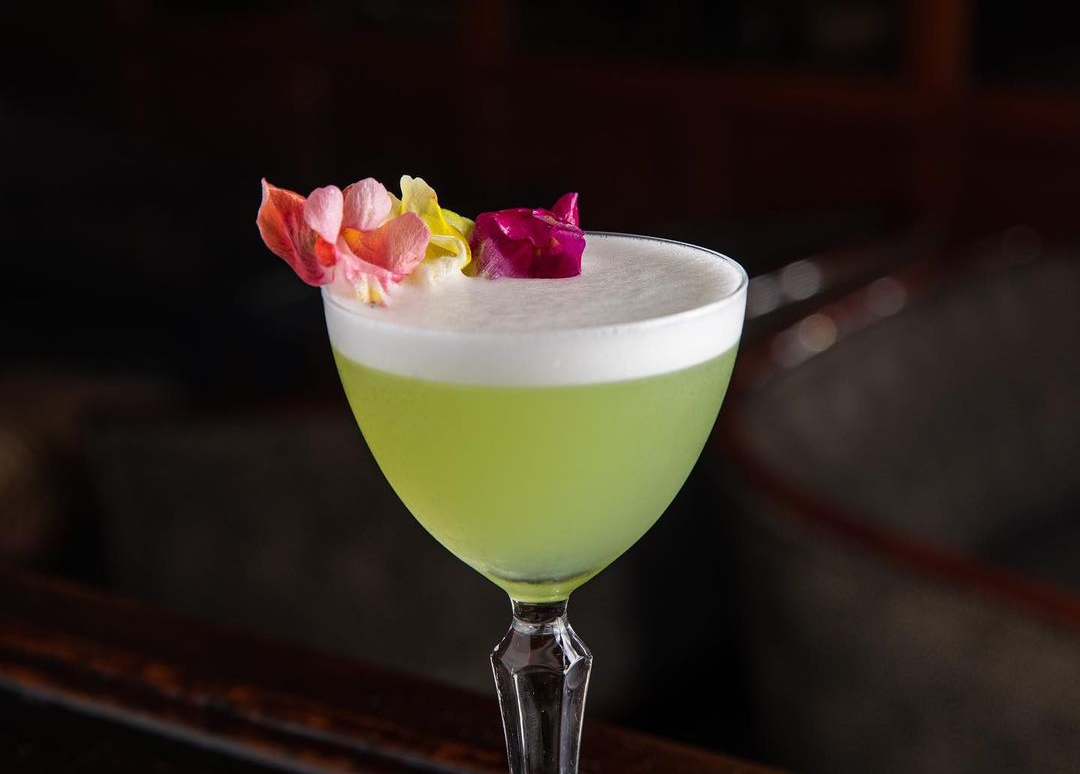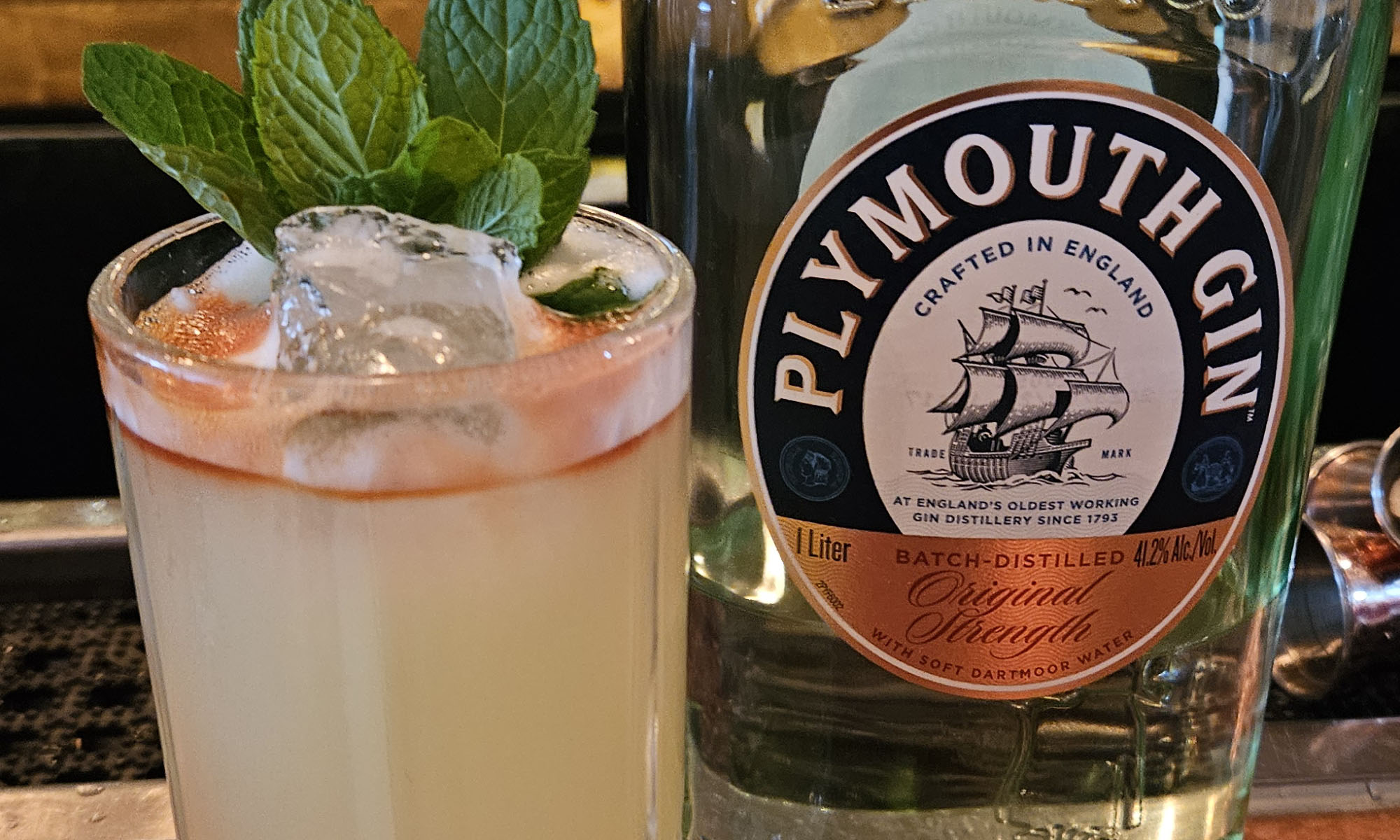The Craft of Making Artisanal Tequila
By Michael Tulipan
Handcrafted from 100% blue agave plants grown at high elevations in Jalisco, Mexico, Espanita creates artisanal tequilas that reflect 400 years of tequila making history.
Founded by industry veteran Marina Wilson, Espanita continues to push the category forward with new creations that remain rooted in tradition.

Tequila making is a labor-intensive process that even today relies on traditional methods. Espanita honors this past with the creation of small batch tequilas that are a true expression of their Highlands terroir. It starts with the hand-selection and harvesting of blue agave at the peak of their ripeness at an average age of 8 to 12 years, aiming for sugar content of 26% to 28%. Even when planted at the same time, agave growing next to each other may have different ripeness levels and it takes an expert hand to tell which is ready to become tequila. Wilson says, “Each small detail is important.” This includes the workers removing the waxy inner part of the agave known as the ’cogollo’ which can introduce a very bitter flavor to tequila.

The harvested “piñas” are first slowly cooked in a traditional stone oven for up to 72 hours while being exposed to continuously circulating steam. This process imparts uniquely sweet yet earthy flavors, the unmistakable hallmarks of traditionally crafted Highland tequilas. The cooked agaves are then crushed with a roller mill to extract the aromatic juice, which is then fermented with proprietary strains of yeast for 5 to 7 days. “We use two ‘secret’ proprietary yeast cultures and never use any accelerants,” Wilson says, pointing out that many commercial producers use chemical accelerants at this stage. “Rushing this process prevents tequila from acquiring the nuanced, rich flavors, and aroma that makes Espanita Tequila so perfect both as a sipper or as a base for a delicious cocktail,” she adds.

After fermentation is completed, distillation in traditional copper-lined alembic pot stills takes place in small batches. During the two rounds of distillation, only the purest middle part of each batch, known as ‘el corazon’ or the heart, is used. “Slow distillation allows for more precise control over separating ‘heads’ and ‘tails’ without losing flavoring compounds,” Wilson says. This results in an elegantly balanced tequila with a creamy, silky mouthfeel.
The core “Artesano” collection features Espanita tequilas in the three main age expressions of Blanco, Reposado and Añejo. Blanco is bottled un-aged, while Reposado and Añejo mature in toasted American white oak barrels for up to 6 and 18 months, respectively.
Mexican heritage is reflected in the brand’s award-winning packaging, which is inspired by the sacral celestial symbolism rooted in the mythology of Mexico’s indigenous peoples. The Blanco label depicts a waxing crescent moon surrounded by shimmering stars, while the Reposado is adorned with the “sun in splendor,” to honor its role in nurturing the growth of agave. The Añejo label deftly brings both the crescent moon and sun together for the pinnacle of the line.

2023 has brought innovative new offerings to the Espanita brand family, starting with the launch of the ultra-small batch “Barrel Reserve” cask aged tequilas that experiment with different barrel finishing techniques. The first release, Espanita Double Barrel Reposado, was first aged in American white oak casks, then finished for another four months in freshly emptied bourbon casks. Up next in the Barrel Reserve collection will be Espanita Double Barrel Añejo scheduled for launch this fall.
Also debuting this year, “Signature Infusions” marry 100% Blue Agave Blanco tequila with real fruits like Mexican lime, Ruby Red grapefruit, and pineapple. The collection’s packaging pays homage to the agave harvesters or jimadors whose labor is instrumental to the craft, featuring depictions of them on the front and side labels. Jimadors perform backbreaking work as a ripe pina can weigh up to 250 pounds.

Much as Espanita’s dedication to its craft honors the agave plant, celebrating the people who make it all possible helps shine a spotlight on the region’s cultural heritage. “Each step of tequila’s artisanal production process has been honed and perfected by generations of tequileros,” Wilson says, “It is very important for us at Espanita to play our part in preserving this important legacy.”









